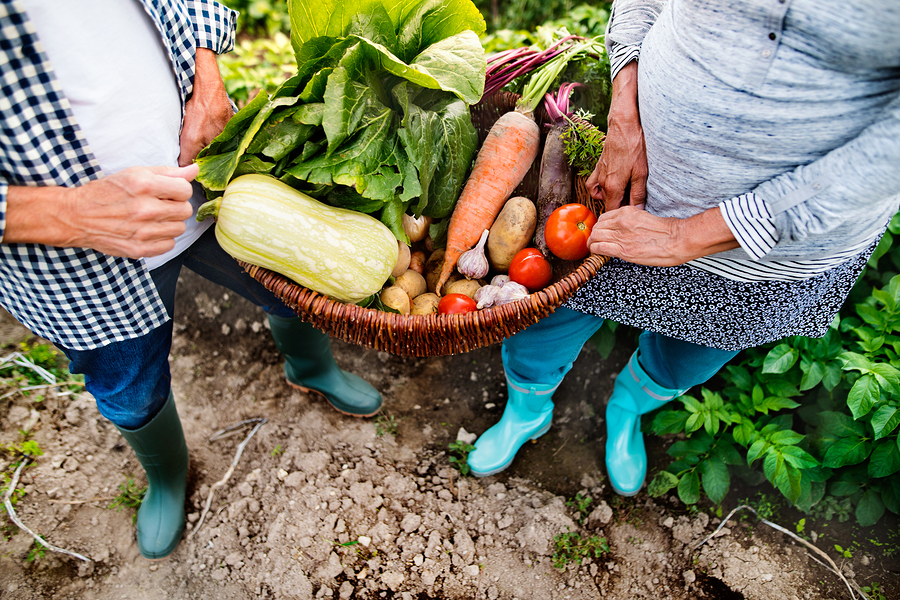I have shared with you before the value of intergenerational programs at continuing care retirement communities (CCRCs, or life plan communities). These initiatives bring together diverse age groups, allowing younger people to benefit from the wisdom of their seniors and giving the seniors an invigorating dose of youthful energy.
myLifeSite’s own research shows that prospective CCRC residents are clamoring for access to this and other types of community-minded programs. In fact, in our recent consumer survey of over 200 current CCRC prospects, we found that many of the features that seniors are specifically seeking in a CCRC are fulfilled by community outreach programs, including “Opportunities to utilize knowledge, skills, and experience” and “Programs to help discover or renew life purpose.”
At the heart of such programs is the CCRC’s ability to create meaningful connections between residents and the larger community around them. Seniors want to contribute, to share their time and talents; they simply need constructive outlets for this instinct. And one CCRC in North Carolina recently created an innovative program that encourages residents to do just this.
>> Related: Everyone Wins: Why Society Must Tap into Seniors’ Experience & Wisdom
The food desert challenge
You may have heard the term “food desert” in the news—these are neighborhoods or even rural areas that are high in low-income households with limited access to the nutritious fresh produce offered by grocery stores and farmers’ markets. Many of these areas lack easy-access to transportation for those without vehicles, and often, residents are therefore compelled to shop at nearby convenience stores, which typically lack fresh, unprocessed food options.
According to the U.S. Department of Agriculture (USDA), the federal government has spent half a billion dollars to try to improve access to healthier fresh foods in these so-called food deserts, attempting to lure supermarkets to open new locations in these areas and working with local organizers to increase access to farmers’ markets.
>> Learn more about food deserts
>> View an interactive map of food deserts in the U.S.
While such government initiatives are useful, often, solutions to community problems are best solved at the local level. And that’s where Aldersgate, a CCRC in Charlotte, saw a chance to help address the food desert challenge that was confronting their nearby community, while simultaneously providing their residents with meaningful volunteer opportunities.
>> Related: Lifelong Learning: Good for Seniors’ Minds & Bodies
An urban oasis
Set on 231 wooded acres just a few miles from downtown Charlotte, Aldersgate is a beautiful CCRC, boasting all of the amenities and services you’d expect, including a full continuum of care services. In fact, Aldersgate is the largest green space in all of Mecklenburg County (which includes Charlotte, Davidson, Mint Hill, Pineville, and numerous other townships). But not too far away in the eastern parts of Charlotte, you will find several low-income areas that qualify as food deserts according to the USDA’s criteria.
It was this combination of facts that inspired Aldersgate to partner with the not-for-profit Carolina Farm Trust to establish a 6.7-acre working farm on their campus, which will serve as a source for fresh produce, as well as a learning center, for nearby communities. Dubbed “Urban Farm at Aldersgate,” the farm will be managed by the trust, operating year-round, and will produce nutrient-packed staple crops like cucumbers, kale, spinach, and tomatoes.
The farm’s produce will be affordably priced and will be for sale on-site each day, alongside fresh meat and eggs, which will be sourced from other nearby farms. They will even accept government-issued food vouchers from low-income families.
Feeding the soul
But for the residents of Aldersgate, the benefits of this joint venture with Carolina Farm Trust extend beyond simply offering their community neighbors better access to healthy foods.
Aldersgate residents will have the opportunity to volunteer at the farm in a variety of capacities. The farm will host monthly farm-to-table dinners, which will be open to the surrounding community, and their mobile kitchen will offer cooking demonstrations as well. Additionally, the facility will operate as a hands-on learning lab for Charlotte-Mecklenburg Schools, giving local children a chance to see how a farm operates and grows their food.
And to top it all off, Aldersgate residents will also get to enjoy the fruits of their labors. The chefs in Aldersgate’s own kitchens will be incorporating the farm’s fresh produce into the meals they prepare for their residents.
>> Learn more about Urban Farm at Aldersgate.
More and more CCRCs are looking for outside-of-the-box programs to connect their residents to the surrounding community. Innovative initiatives like the Urban Farm at Aldersgate give seniors an opportunity to stay active and involved in meaningful ways, and as our consumer survey revealed, this is the very type of programming that today’s CCRC prospects are looking for. Kudos to Aldersgate!






